These forms are meant to download, fill and complete your application.
- Download the Form A31.
- Filled with your personal information.
- Submit your application in the following email form.
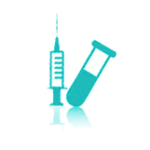
Phlebotomy Technician (CPT)
Phlebotomy technicians are responsible for collecting blood samples from patients. They may work in a variety of different capacities to collect these blood samples, but this is always their major focus. Another big part of their job is the preparing of the blood samples for a variety of different tests and procedures.
Necessary requirements: Graduation from High School (or equivalent), and graduation from an approved PH1 program within the last 10 years.
Or 1-year work experience as a Phlebotomy Technician.
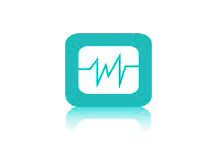
EKG / ECG Technician (CET)
An EKG Technician is a member of the health care team whose primary duty is the performance of EKGs on patients. An EKG measures the electrical activity of the heart and can be used to diagnose a range of heart diseases.
Necessary requirements: Graduation from High School (or equivalent), and graduation from an approved EKG program within the last 10 years.
Or 1-year work experience as an EKG Technician.

Medical Assistant (CMA)
A Medical Assistant is a person who, under the direction of a physician, performs various routine administrative and non-technical clinical tasks in a hospital, clinic, or similar facility.
Necessary requirements: Graduation from High School (or equivalent), and graduation from an approved MA1 program within the last 10 years.
Or 2 years work experience as a Medical Assistant.

Billing & Coding Specialist (CBC)
This profession requires the individual to manage insurance claims, patient’s billing records, and have extensive knowledge of billing codes.
Necessary requirements: Graduation from High School (or equivalent), and graduation from an approved MBC1 program within the last 10 years.
Or 2 years work experience as a Medical Billing and Coding professional.

Medical Administrative Assistant (CMAA)
A medical administrative assistant is a multi-skilled professional and an asset to a physician. They are an integral part of the healthcare team assisting in patient care management. They perform several functions, for instance: administrative medical assistants are tasked to update and file the medical records of patients. They also file insurance forms, arrange and organize hospital admissions and laboratory services.
In the US, physicians and hospitals rely heavily on the skills of medical assistants to keep accurate and comprehensive records. Truly, they are a vital part of the health care team.
Medical Administrative Assistant Duties and Responsibilities
When researching this allied health care profession, you will come across three types of medical assistants, namely Administrative, Clerical and Clinical. Administrative and Clerical are often interlinked.
Necessary requirements: Graduation from High School (or equivalent), and graduation from an approved PH1 program within the last 10 years.
Or 1-year work experience as a Medical Administrative Assistant
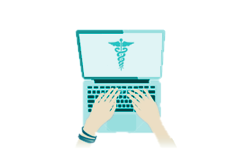
Medical Transcriptionist (CMT)
With the healthcare industry constantly changing, doctors are looking for dependable, organized, detail-oriented individuals they can rely on. Penn Foster Career School can help you take the first step on your career path to become a medical transcriptionist in a physician’s office, clinic, government agency, law office, insurance company, hospital, or ambulance dispatch service.
Learn how to become a medical transcriptionist with courses on the foundational skills necessary to become an integral part of the growing healthcare job market. You can develop skills using online simulations and learn about speech recognition software and its impact on the medical transcription industry. In addition to transcribing, learn how to edit information for grammatical errors and the correct usage of medical terms.
Necessary requirements: Graduation from High School (or equivalent).
Or 2 years work experience as a Medical Transcriptionist.
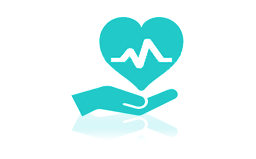
Patient Care Technician / Patient Care Associate (CPCT)
A Patient Care Technician is a health technician working under the supervision of a registered nurse, physician, or other health professional to provide basic patient care. Duties may include taking vital signs, obtaining blood and urine samples, performing basic diagnostic tests, and assisting the physician as needed.
Necessary requirements: Graduation from High School (or equivalent), and graduation from an approved PC1 program within the last 10 years.
Or 1 year work experience as a Patient Care Technician.
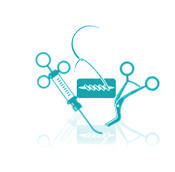
Surgical Technologist (CST)
The Surgical Technology certificate program prepares you for a career as a professional member of a surgical team.
Surgical technologists prepare operating rooms, arrange equipment and help doctors during a range of surgical procedures. They also may be responsible for ensuring aseptic conditions in the operating room, as well as cleaning and preparing all instruments that might be needed in an operation. They are often the first professional to arrive in the operating room and the last to leave.
The certificate program is ideal for those who are already in the field of surgical technology who are looking for an accredited program to gain certification.
Necessary requirements: Graduation from High School (or equivalent), and graduation from an approved PH1 program within the last 10 years.
